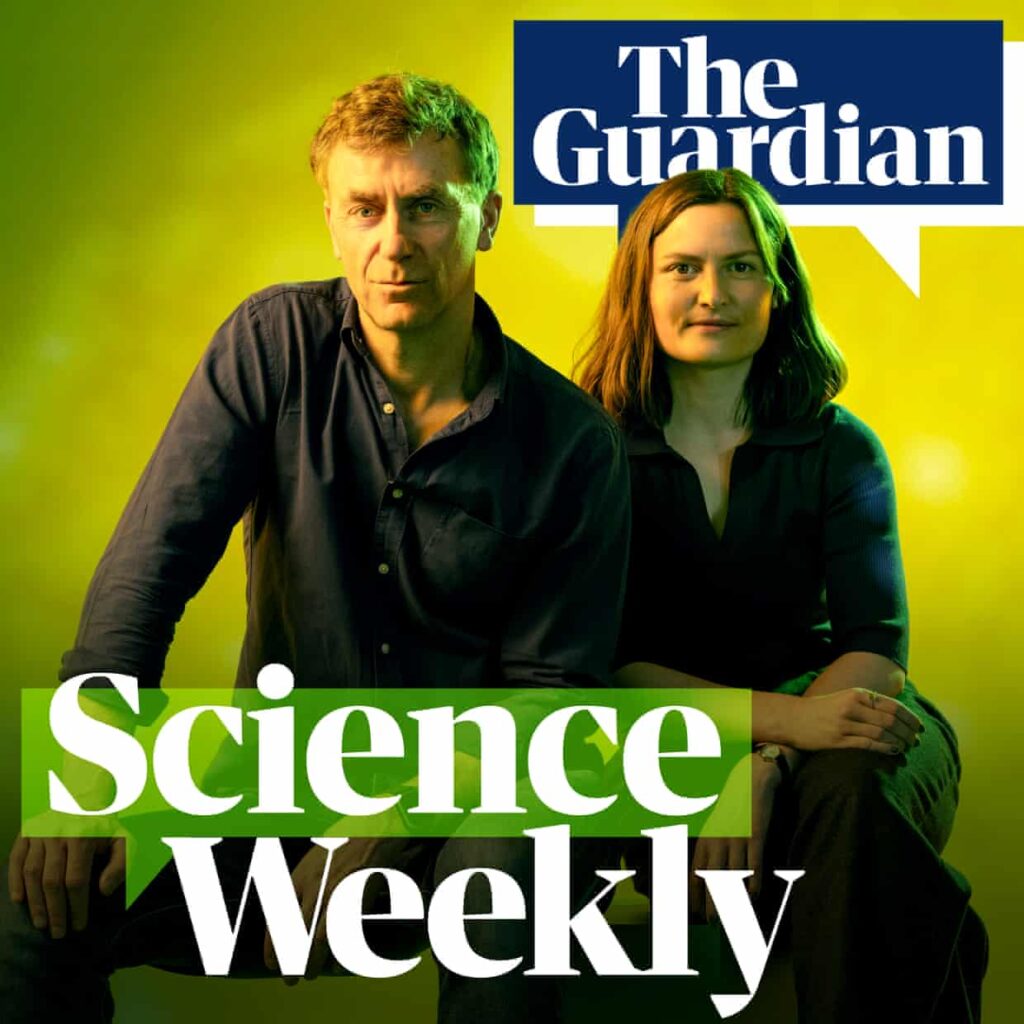
Robert F. Kennedy Jr. is facing increasing pressure to resign as controversies surrounding his leadership at the Centers for Disease Control and Prevention (CDC) escalate. This turmoil follows the recent dismissal of CDC Chief Dr. Rochelle Walensky and the resignation of several senior staff members, which has raised concerns about the agency’s direction and effectiveness. Critics have labeled the current situation as “an embarrassment” for the institution.
Dr. Walensky’s ousting on October 1, 2023, marks a significant shift in the CDC’s leadership, coming amid ongoing debates about public health policies and vaccine strategies. Her departure is seen as a pivotal moment, reflecting the internal challenges at the agency. Under her tenure, the CDC has been scrutinized for its handling of various health crises, including the COVID-19 pandemic and rising infectious diseases.
The recent resignations of key personnel have intensified scrutiny on Kennedy Jr.’s leadership. Insiders claim that morale within the agency has plummeted, with many staff members expressing dissatisfaction with the current direction and decision-making processes. This discontent has prompted calls for Kennedy Jr. to step down, as critics argue that his controversial views on vaccines and public health undermine the CDC’s credibility.
In a statement, a spokesperson for the White House emphasized the need for effective leadership at the CDC during these challenging times. The spokesperson stated, “We need a united front in addressing public health issues and ensuring that our strategies are based on sound science.” This sentiment echoes the growing concern among public health experts regarding the implications of leadership changes at the CDC.
The fallout from Walensky’s dismissal and the subsequent resignations has placed a spotlight on the CDC’s future. As public health challenges continue to evolve, the agency’s capacity to respond effectively is under question. Stakeholders across the health sector are closely monitoring developments, as the CDC’s actions will have significant implications for both national and global health policies.
Kennedy Jr. has defended his position, arguing that change is necessary to adapt to the current health landscape. Nevertheless, the ongoing turmoil has led to a divided opinion among public health officials and the general public regarding the agency’s leadership. The upcoming weeks will be critical as the CDC seeks to stabilize its operations and regain the trust of the public and health professionals alike.
As the situation unfolds, the CDC’s ability to navigate these internal challenges will be closely observed, with many advocating for a return to a focus on science-based public health initiatives. The future leadership of the agency remains uncertain, but the stakes are high for public health in the United States and beyond.






